In his speech at the opening ceremony of the second China International Supply Chain Exhibition (CISCE), the Hungarian minister first welcomed that the traditional friendship between the two countries has remained stable despite the current difficult circumstances, the statement by the Ministry of Foreign Affairs and Trade reads.
Seventy-five years have passed since the establishment of diplomatic relations, he explained, adding that since then cooperation between Hungary and China has developed spectacularly, to the mutual benefit of both sides.
He expressed gratitude for Hungary being selected the guest of honor at the event, which he noted as being timely given the challenges of today's global environment.
The disruption of supply chains, geopolitical tensions and soaring energy costs pose enormous challenges for the economies of our nations,
he stressed.
He then expressed concern over the world once again moving towards blocification, which is completely antithetical to Hungarian national interests. The government would instead like to see the strengthening of connectivity.
Our hope is that in the future East and West will be able to cooperate in a civilized manner, based on mutual respect and mutual benefit. We call this a strategy of economic neutrality,
he highlighted.
There are historical, economic and geographical reasons behind this strategy, Mr Szijjarto pointed out, explaining that Hungary's overall experience in the past has been that it has always lost out when East and West were pitted against each other.
He also noted that Hungary is a medium-sized country, with no coastline and no energy resources, so our strategy is based on skilled labor, attracting investment and deep-rooting integration into the world economy. Therefore, the disrupting of world trade would impose highly significant constraints on Hungarian economic growth, he underlined.
And the geographical reason underlying our strategy is that with a distance of 7335 kilometers between Budapest and Washington and 7340 kilometers between Budapest and Beijing, we are in the middle, halfway between the two,
the minister noted.
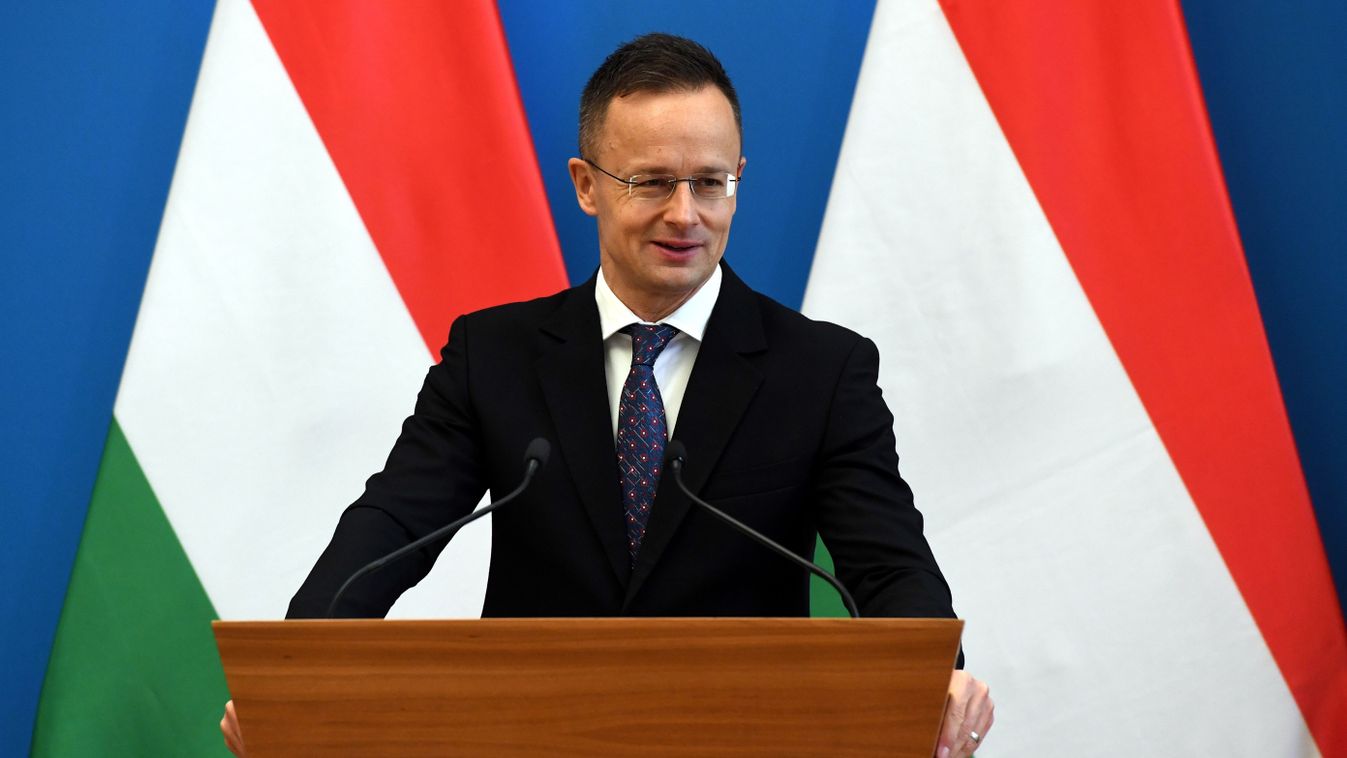
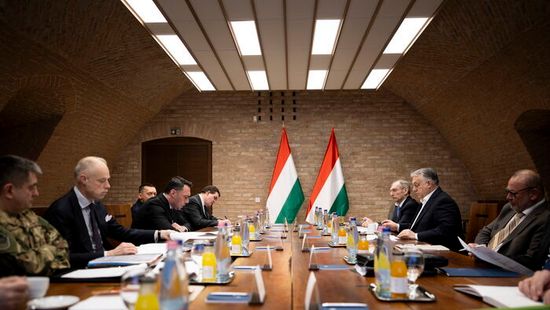
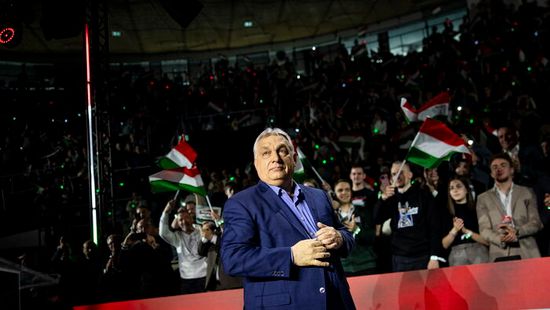
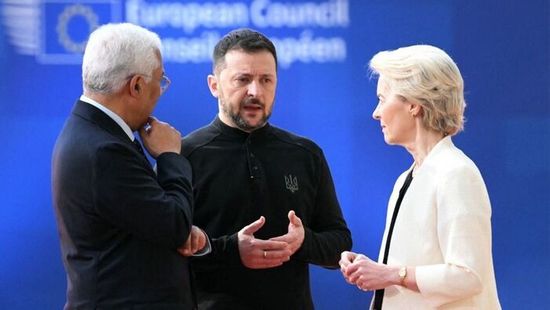


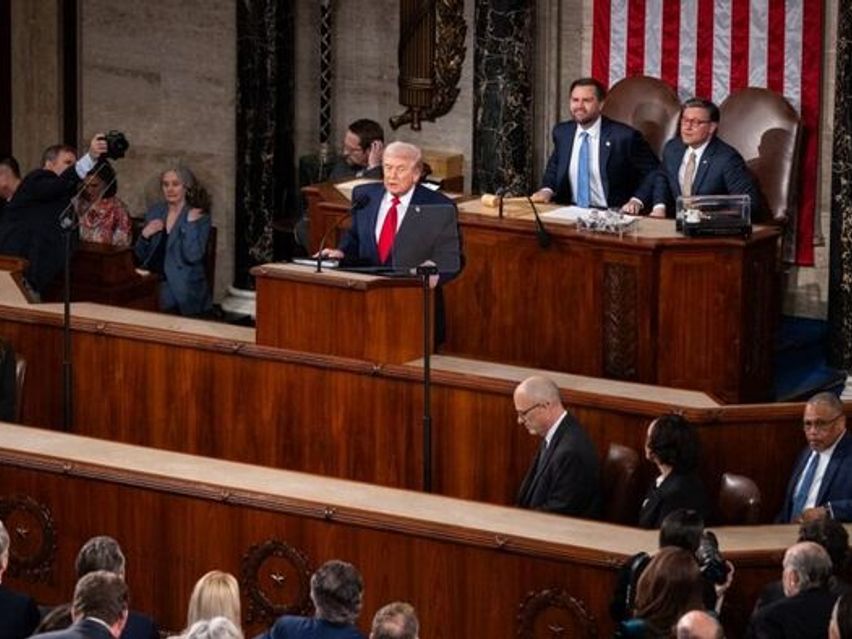


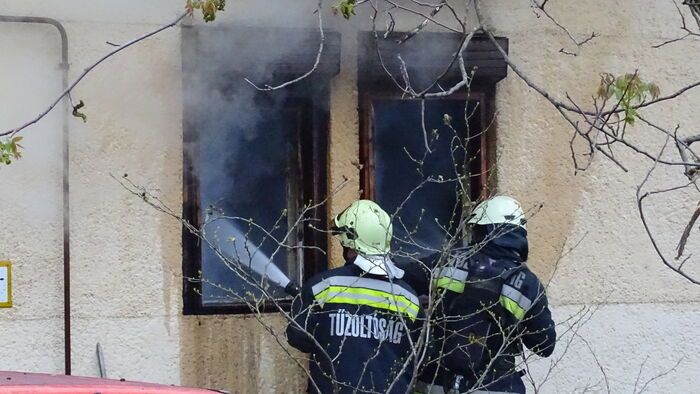

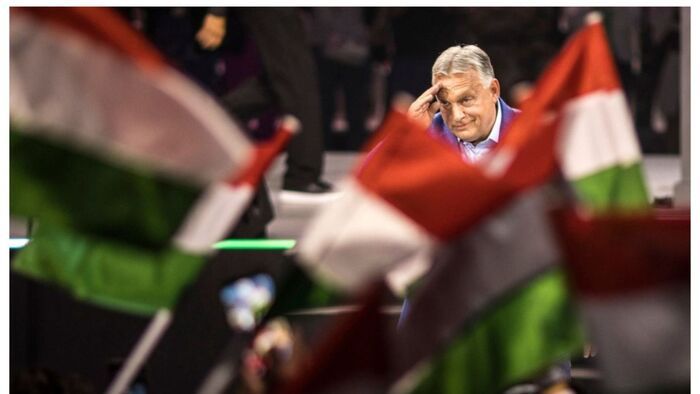
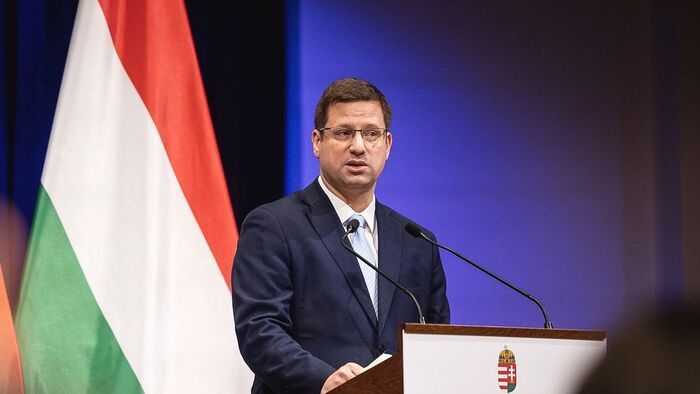


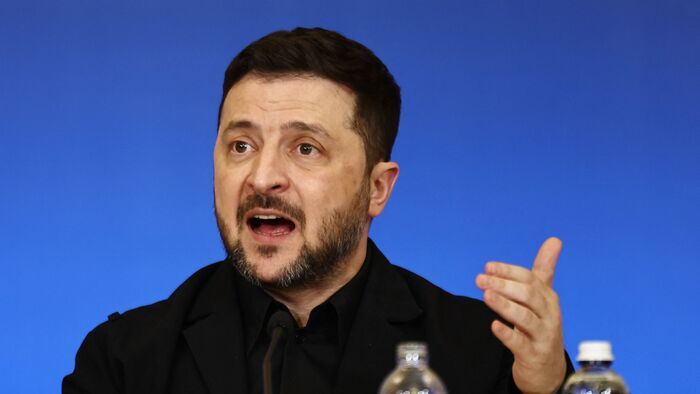
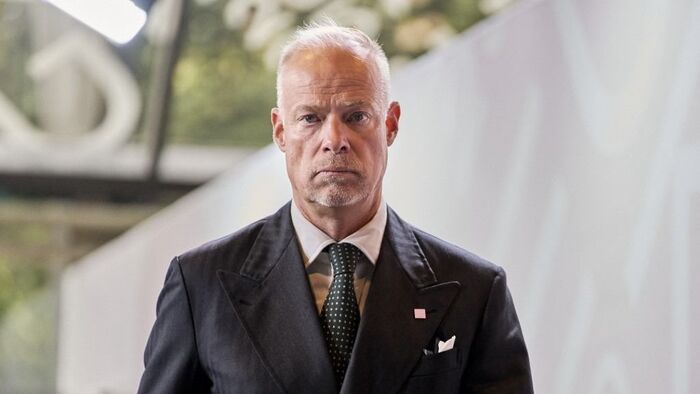
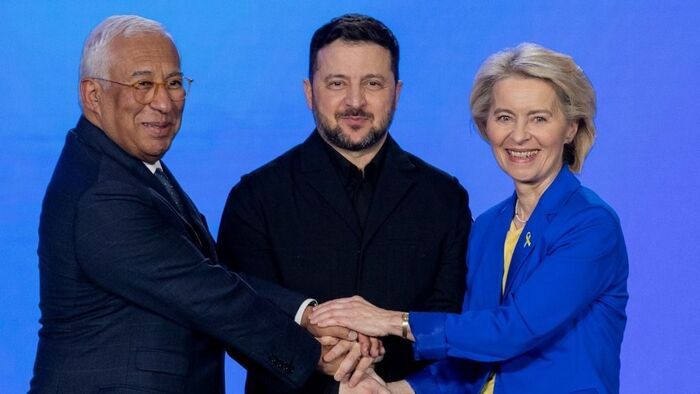




Szóljon hozzá!
Jelenleg csak a hozzászólások egy kis részét látja. Hozzászóláshoz és a további kommentek megtekintéséhez lépjen be, vagy regisztráljon!